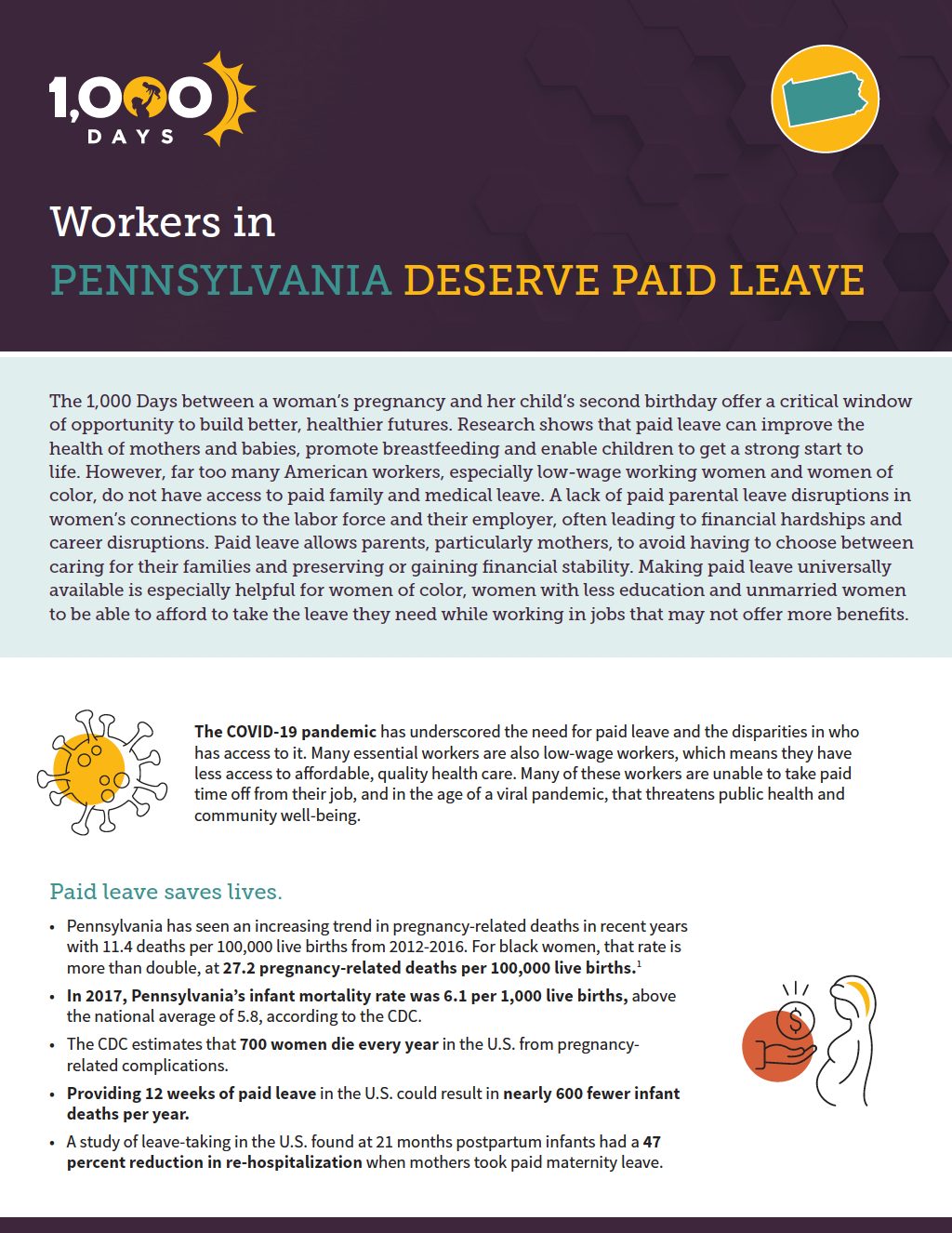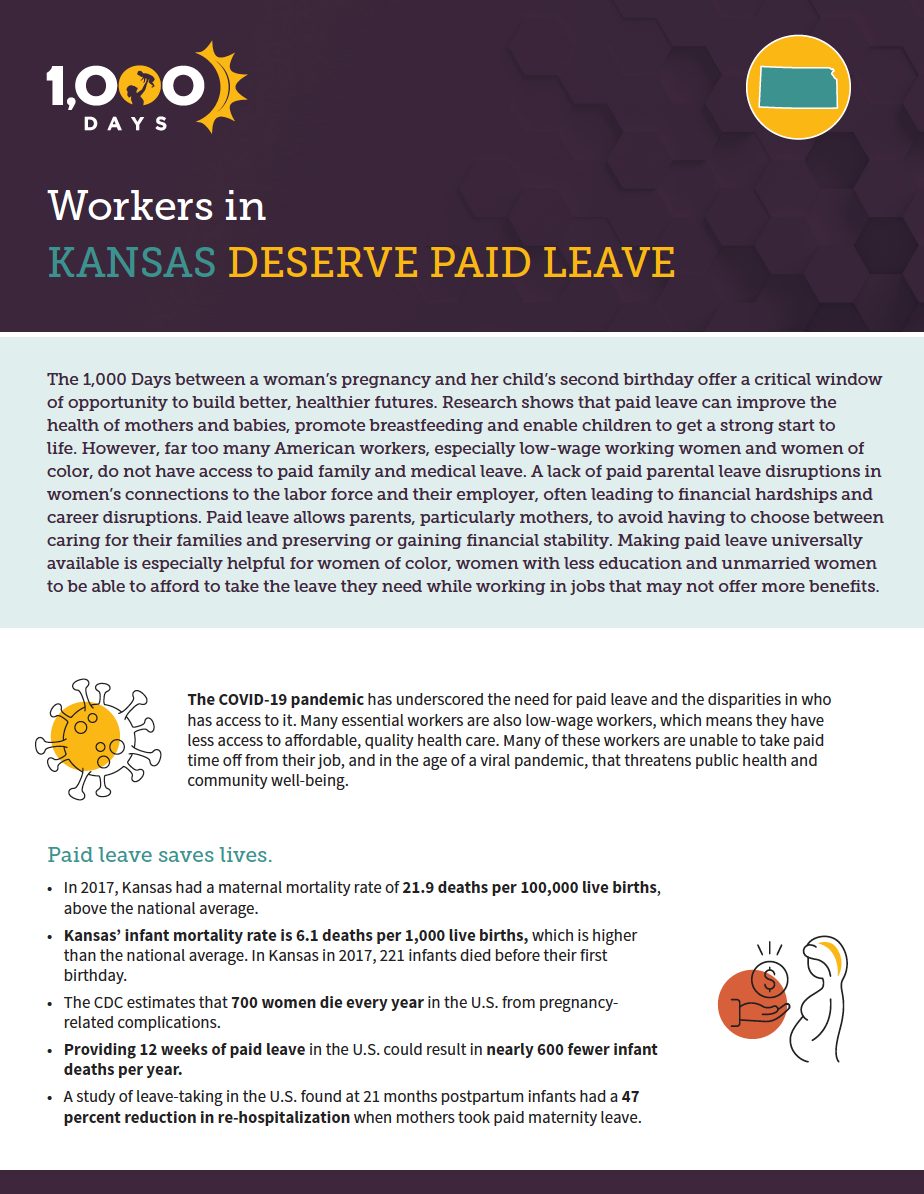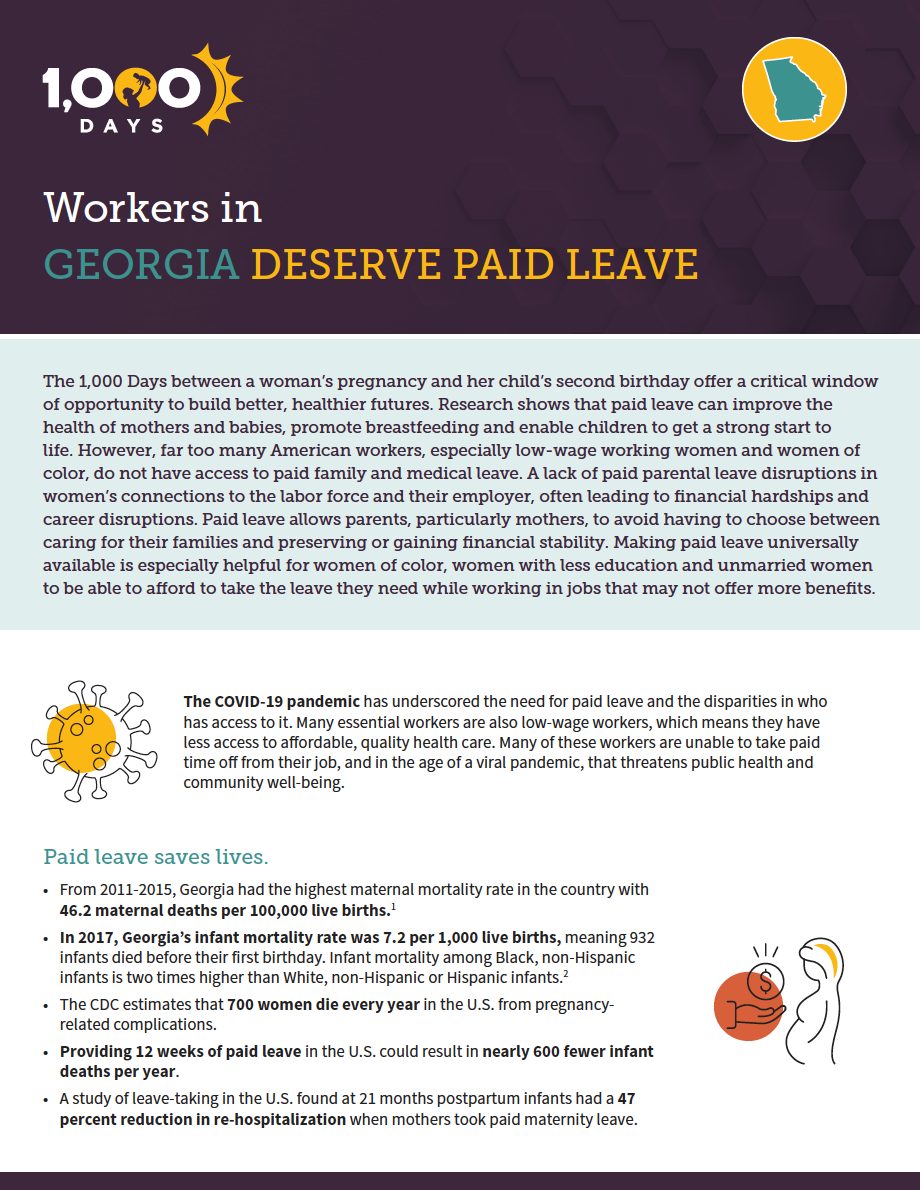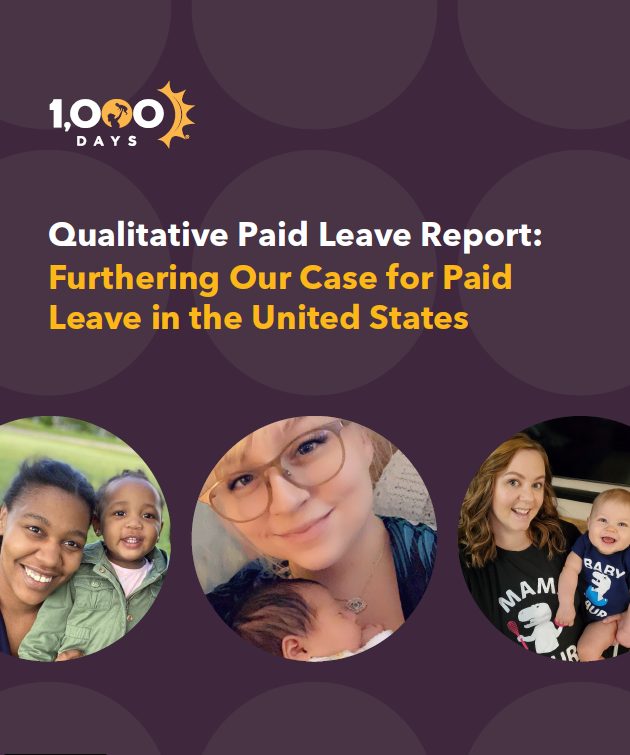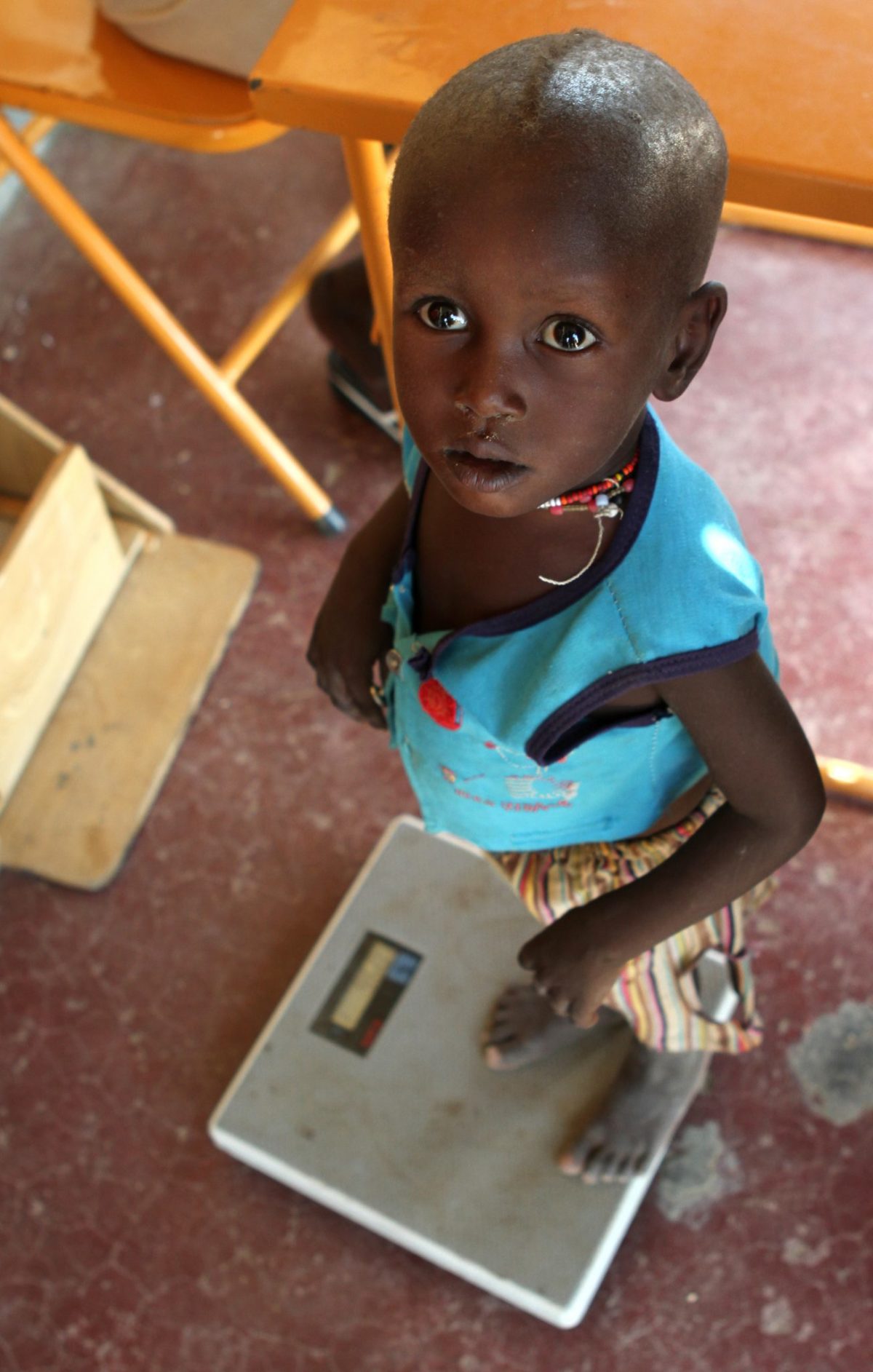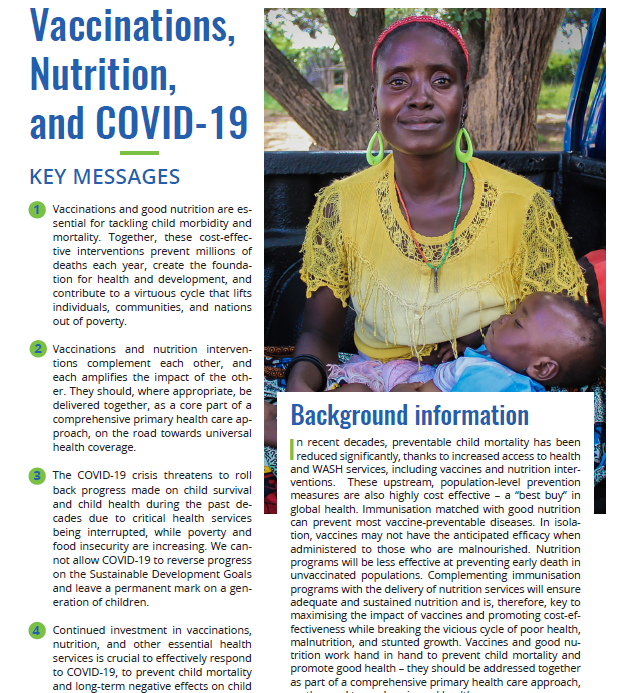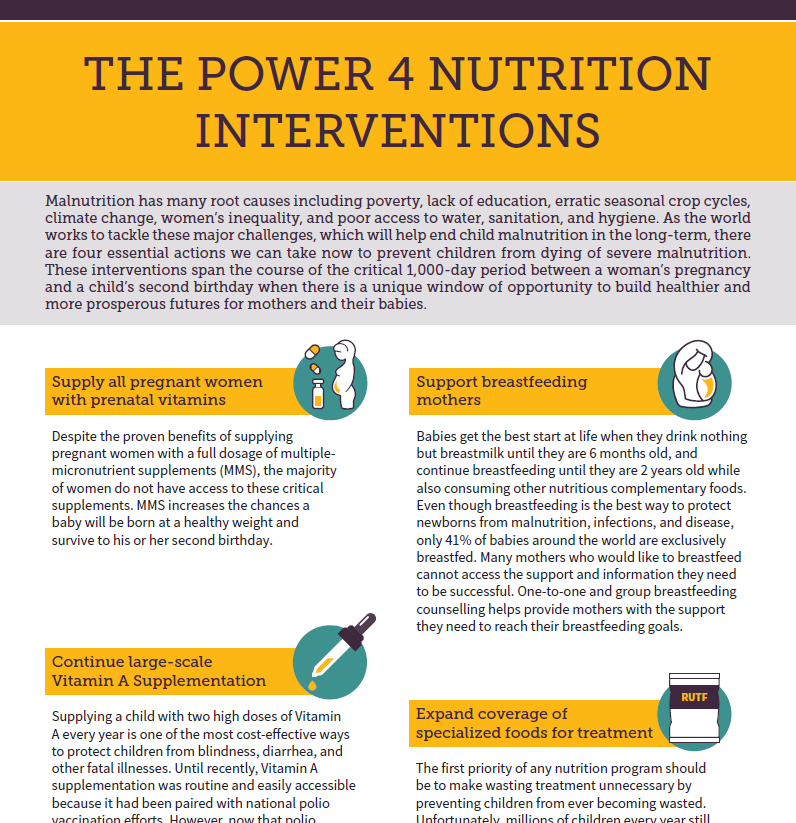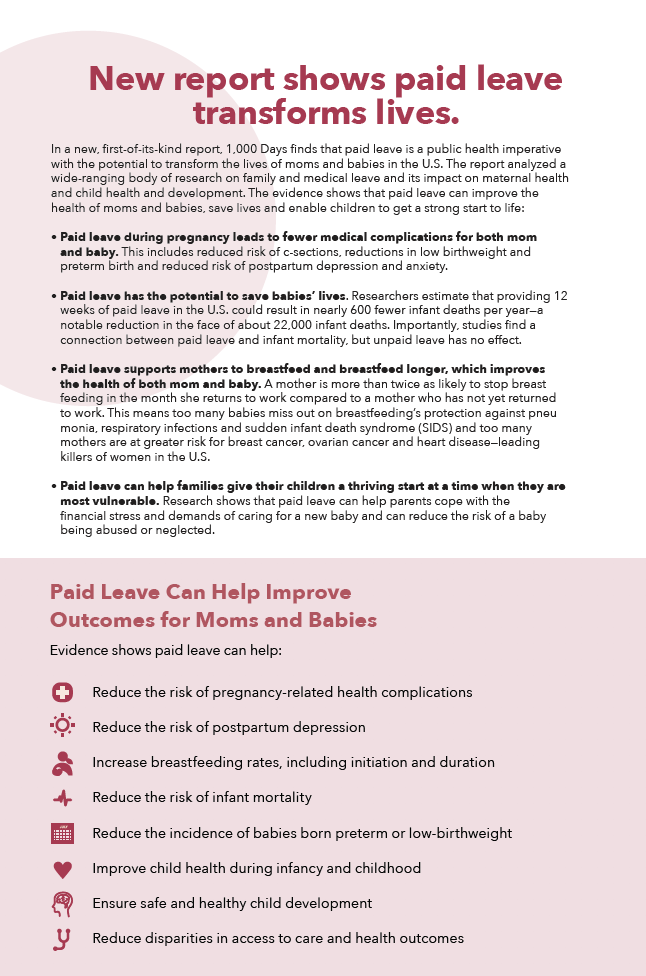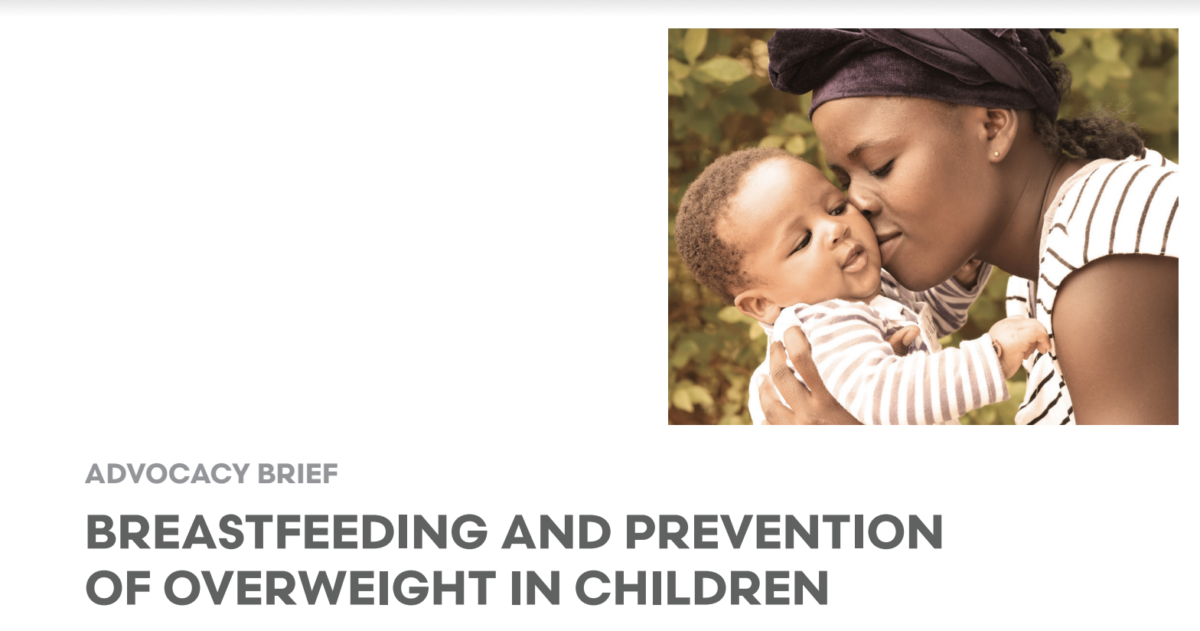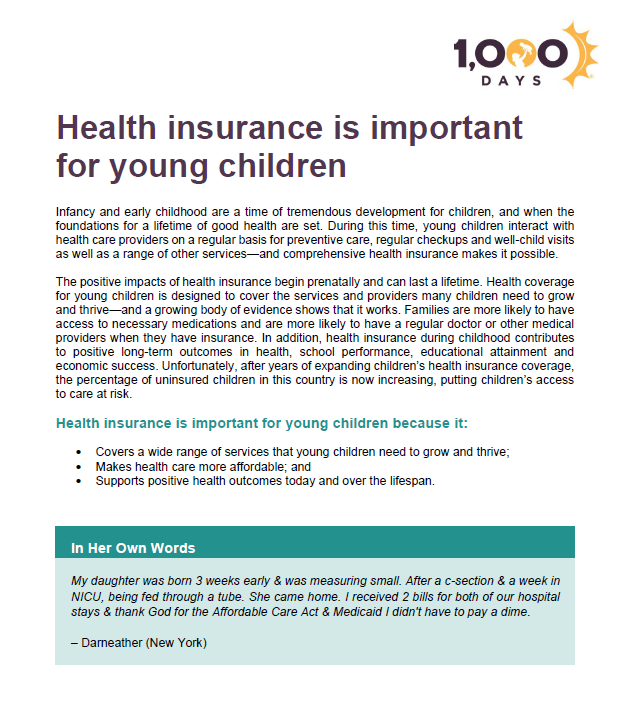Workers in Pennsylvania Deserve Paid Leave
We conducted multiple, in-depth interviews with four low-income women in Pennsylvania throughout their pregnancy and postpartum period. Each of these women, who vary in age, race, marital status, educational attainment and occupation, have one key thing in common: they do not have access to paid family and medical leave.
Learn more about what makes paid leave a public health imperative.

